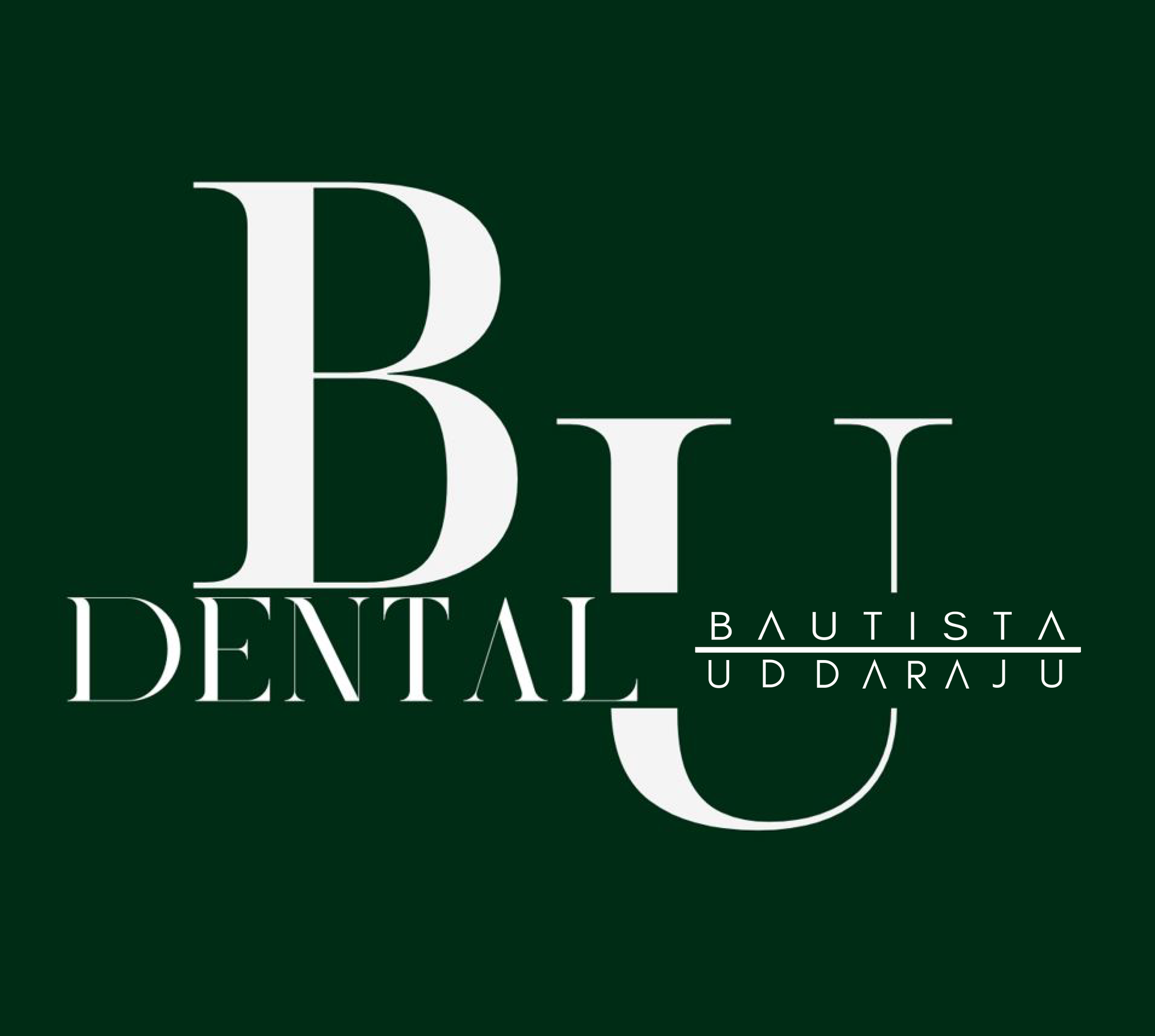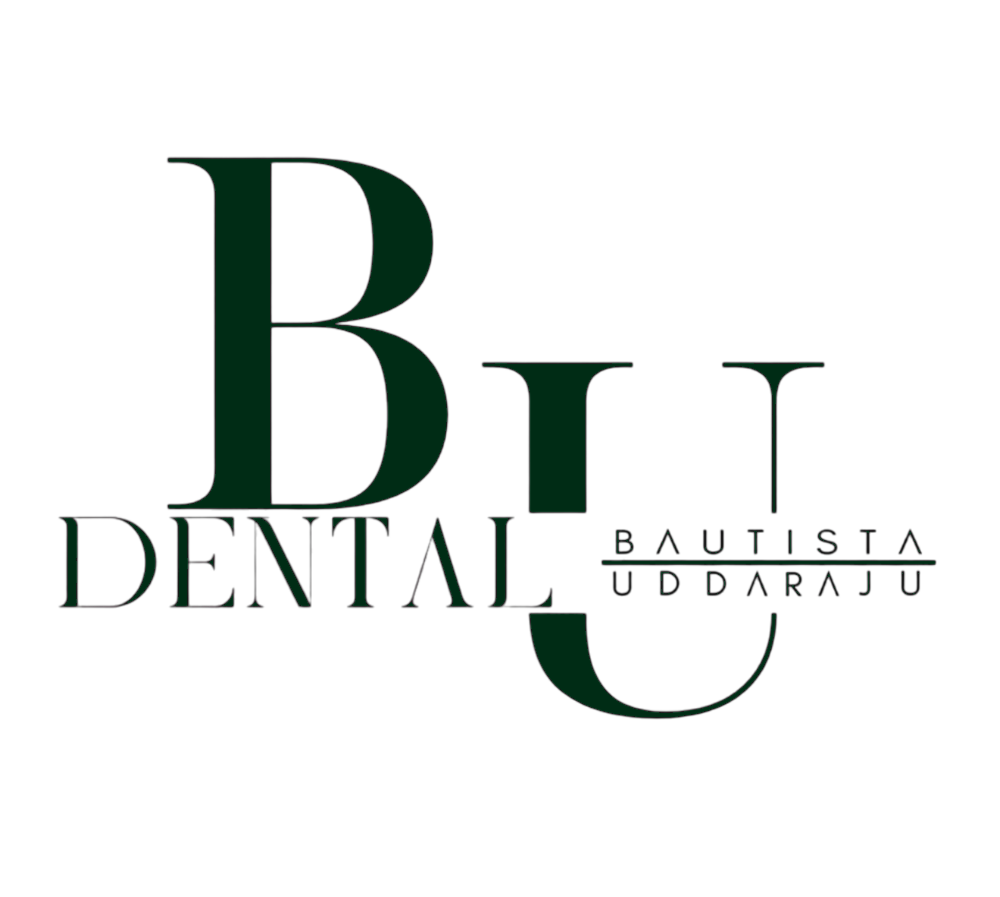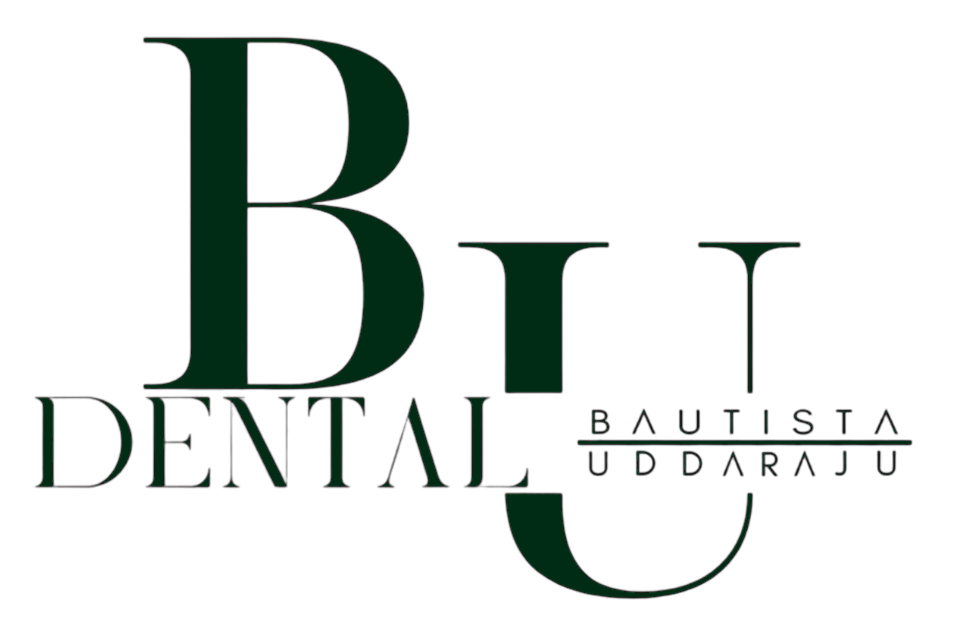WELCOME TO
Periodontal Therapy in Pleasant Hill
Gum disease, also known as periodontal disease, affects approximately 30% of all adults and is the leading cause of tooth loss among adults. A lot of denture cases start because of this chronic disease. It is not curable, but with proper professional hygiene and consistent at home care, it can be controlled.
If you are experiencing symptoms of gum disease, it is important to consult a specialist. A periodontist in Pleasant Hill can provide expert care and treatment to help manage the disease and prevent further damage.
At first, gum disease can progress with little to no symptoms. Many patients who are diagnosed with gum disease feel no pain and are amazed by the quiet yet rapid damage periodontal disease can cause. Think of your gums and the bone around your teeth like the foundation of your home. No matter how beautiful your home is, when your gums start to decay, the rest of your home will too.
Regular dental check-ups, professional cleanings and good oral hygiene at home are key to identifying and managing periodontitis.
WELCOME TO
Periodontal Therapy
Gum disease, also known as periodontal disease, affects approximately 30% of all adults and is the leading cause of tooth loss among adults. A lot of denture cases start because of this chronic disease. It is not curable, but with proper professional hygiene and consistent at home care, it can be controlled.
At first, gum disease can progress with little to no symptoms. Many patients who are diagnosed with gum disease feel no pain and are amazed by the quiet yet rapid damage periodontal disease can cause. Think of your gums and the bone around your teeth like the foundation of your home. No matter how beautiful your home is, when your gums start to decay, the rest of your home will too. Regular dental check-ups, professional cleanings and good oral hygiene at home are key to identifying and managing periodontitis.
WHAT CAUSES GUM DISEASE?
Our mouths harbor millions of bacteria, some helpful and some harmful. These bacteria produce plaque, a sticky substance that sticks to the teeth. Brushing and flossing are aimed at removing plaque before it hardens into tartar, which serves as a breeding ground for more bacteria that release toxins into the gums.
The gums respond to this bacterial invasion with inflammation triggered by the immune system. A small collar of gum tissue surrounds the base of each tooth, forming a pocket where tartar and bacteria can thrive in a warm, dark environment. Initial inflammation can cause bleeding gums, a condition known as gingivitis. If left untreated, bacteria can establish a chronic infection in the periodontal pocket. This can lead to bone loss around the teeth, which may not cause significant discomfort in the early stages.
Over 50% of the bone supporting the teeth can deteriorate before noticeable symptoms of looseness or pain occur. Since the bone around teeth does not regenerate, any loss is permanent and becomes harder to manage as bacteria penetrate deeper into the gums. Without intervention, gum disease can progress to abscesses and widespread tooth loss in severe cases.
DIAGNOSIS
Before making a gum disease diagnosis, we consider various factors. The gum collar around each tooth typically measures 2-3 millimeters in depth, allowing for easy cleaning with floss or toothpicks. Our dentist in Pleasant Hill, CA at BU Dental can use a periodontal probe to measure and chart multiple areas. If measurements exceed 3 millimeters and bleeding occurs, it indicates the presence of periodontal disease, with deeper readings suggesting more advanced stages of the disease. In addition to measurements, we assess the texture, shape, and tooth mobility.
Our Pleasant Hill dentists utilizes the Motic microscope High Magnification 4K Microscope to examine for periodontal disease. Evaluating the bone levels, shape, and density around your teeth through digital x-rays is essential. By analyzing this comprehensive data, we gain a clear understanding of your gum health.
TREATMENT
Once the severity of gum disease has been diagnosed, a personalized treatment plan can be developed. For milder cases with minimal or no bone loss, a couple of visits with our hygiene team may effectively manage the condition. Providing you with a daily home care strategy and a maintenance schedule upon leaving our office may often require minimal additional treatment.
In cases where inflammation has progressed and there is visible bone loss, it is advisable to take a proactive approach to prevent further deterioration. Typically, we recommend numbing the gums gently and performing a thorough cleaning process known as root planing or scaling. This deep cleaning is usually done gradually over several visits, focusing on a specific area of your mouth each time. The aim is to meticulously remove the infected pocket around each tooth, including any hardened tartar, using manual and ultrasonic tools. The treatment is usually completed by polishing the teeth to create smooth surfaces that deter stain and plaque buildup.
Dr. Serah Uddaraju and Dr. Ann-Catherine Bautista and the BU Dental team might propose a medicated mouth rinse, an electric or ultrasonic toothbrush, and other
tailored strategies to support your home care routine. It's essential to remember that while gum disease can be managed, it cannot be completely cured. Consistent daily efforts are crucial to controlling the disease.
MAINTENANCE MATTERS
Consistent home care is crucial for halting the advancement of gum disease. Bacteria begin to repopulate and stick to the teeth shortly after cleaning. If left undisturbed, plaque will begin to harden and mineralize within a day. It's important to note that deeper gum pockets require extra care to prevent bacteria from compromising your teeth's foundation.
Maintaining a regular schedule with us is essential, especially for challenging-to-reach gum pockets damaged by bacteria. We can tailor a plan for you with 2, 3, or 4 annual visits based on disease severity, treatment response, and your home care routine.
If our joint efforts do not effectively slow or stop the progress of your gum disease, we may recommend a referral to a periodontist, a specialist trained in various gum conditions who may suggest further treatment. For patients seeking gum disease treatment in Pleasant Hill, CA, this referral can be an essential step in managing your oral health.
MAINTENANCE MATTERS
Consistent home care is crucial for halting the advancement of gum disease. Bacteria begin to repopulate and stick to the teeth shortly after cleaning. If left undisturbed, plaque will begin to harden and mineralize within a day. It's important to note that deeper gum pockets require extra care to prevent bacteria from compromising your teeth's foundation.
Maintaining a regular schedule with us is essential, especially for challenging-to-reach gum pockets damaged by bacteria. We can tailor a plan for you with 2, 3, or 4 annual visits based on disease severity, treatment response, and your home care routine.
If our joint efforts do not effectively slow or stop the progress of your gum disease, we may recommend a referral to a periodontist, a specialist trained in various gum conditions who may suggest further treatment.
MOUTH-BODY CONNECTION
Research indicates strong connections between bacterial infections in the mouth and health issues in other parts of the body. Various studies have linked oral bacteria to conditions like heart disease, stroke, arthritis, Alzheimer's, and certain cancers. The correlation between oral health and overall well-being is now more comprehensively understood than ever before.
The Unseen Consequences of Gum Disease
Bleeding gums create a direct pathway for oral bacteria to enter the bloodstream rapidly. Just as an open wound on the skin poses an infection risk, bleeding gum tissue should be treated with similar concern. This phenomenon explains why researchers continue to detect oral bacteria deposits in different body areas. For patients in Pleasant Hill, periodontal therapy can be crucial in preventing this spread of bacteria and protecting overall health.
Conditions such as diabetes and other autoimmune disorders can compromise the body's ability to combat infections, leading to the accelerated progression of unchecked gum disease and increased damage. Studies have also shown that oral inflammation can exacerbate diabetes, complicating its management. This bidirectional relationship underlines the significance of maintaining optimal oral health. Regular
teeth cleaning in Pleasant Hill, CA, along with other
preventive dental care in Pleasant Hill, can help manage oral health effectively and reduce the risk of complications.
The Unseen Consequences of Gum Disease
Bleeding gums create a direct pathway for oral bacteria to enter the bloodstream rapidly. Just as an open wound on the skin poses an infection risk, bleeding gum tissue should be treated with similar concern. This phenomenon explains why researchers continue to detect oral bacteria deposits in different body areas.
Conditions such as diabetes and other autoimmune disorders can compromise the body's ability to combat infections, leading to the accelerated progression of unchecked gum disease and increased damage. Studies have also shown that oral inflammation can exacerbate diabetes, complicating its management. This bidirectional relationship underlines the significance of maintaining optimal oral health.
Schedule us an Appointment
Sign up to our newsletter
We will get back to you as soon as possible
Please try again later
Visit Us
- Mon - Thu
- -
- Fri - Sun
- Closed
© 2025 BU Dental. All Rights Reserved | An Art of Dental Marketing Website | Privacy Policy


